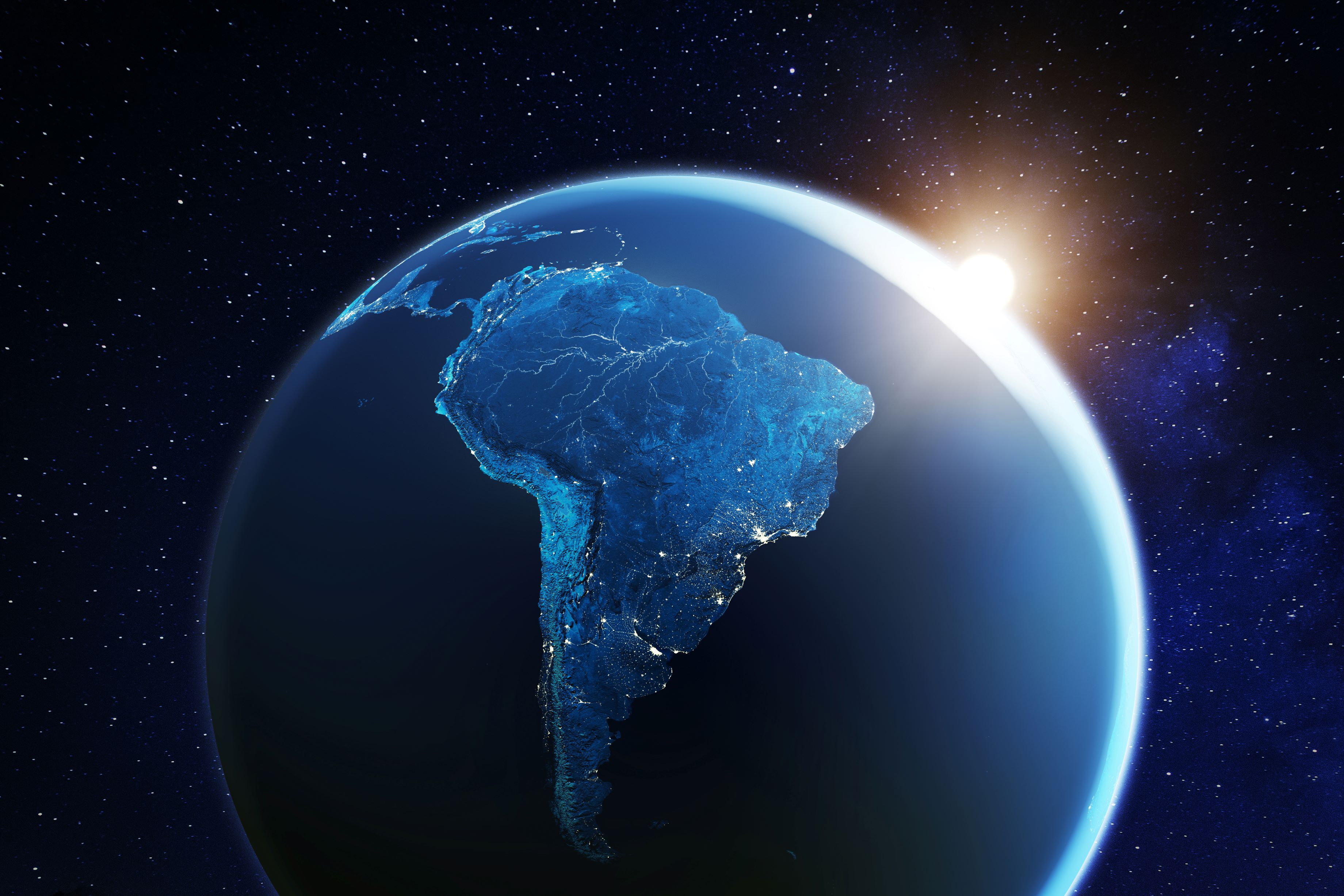
A trade deal between the EU and Mercosur is in jeopardy after being hit by a series of political setbacks, including expressions of uncertainty about the agreement from both sides.
Head of EU trade policy Valdis Dombrovskis has cancelled a trip to Brazil planned for this week following the outgoing-Argentinian president Alberto Fernández’s public statement last Sunday (26 November) that he would not sign the agreement at the meeting.
Dombrovskis had been expected to use the visit to push a final version of deal over the line.
Mercosur is a common market consisting of Argentina, Brazil, Paraguay, Uruguay and Venezuela, with Bolivia currently in the process of joining. Venezuela’s membership has been suspended since 2017.
An EU-Mercosur trade pact was agreed in principle in 2019 but has been awaiting ratification from both EU and Mercosur member states.
Tariff on an old theme
French president Emmanuel Macron is among those most definitively opposed to the deal in its current form, calling it outdated and citing concerns about environmental standards in Latin American markets.
The FT reports his words following a meeting with Brazilian president Luiz Inácio Lula da Silva at COP28 on Saturday (2 December):
“It’s a deal that was negotiated 20 years ago and which we’ve tried to mend, and which has been badly mended.
“I can’t ask our farmers, our industrialists in France but also everywhere in Europe to make efforts to apply new rules to decarbonise and then say all of a sudden, ‘I’m removing all the tariffs to allow products to enter which do not apply these rules’.”
Deforestation consternation
Politico, meanwhile, suggests Argentina is proving to be the biggest blocker to the deal, with the approval of the country’s incoming government required on a host of measures, including limits to deforestation for it to pass – something Brazil has suggested seems unlikely.
Argentina’s president-elect, the libertarian Javier Milei, has expressed doubts about Mercosur, which he called a “phenomenal failure”, suggesting that it is of “poor quality” as a customs union, creating “trade distortions” and damaging its members.
However, his nominee for foreign minister said of an EU trade deal last week that “it would be much better to have the agreement than not to have it”.
‘Close to an agreement’
Two EU diplomats have voiced fears that discussions over the deal could collapse entirely in 2024, though a Brazilian diplomat remained confident that “we are close to an agreement”.
During negotiations, the EU has reportedly raised a lack of sufficient competition in public procurement among the Mercosur nations as an issue to be resolved.
Paraguayan president Santiago Peña told the FT in September that Mercosur would pull out of the deal if the EU could not come to an internal agreement by 6 December, arguing that it was “no longer a technical issue” but a political one.



